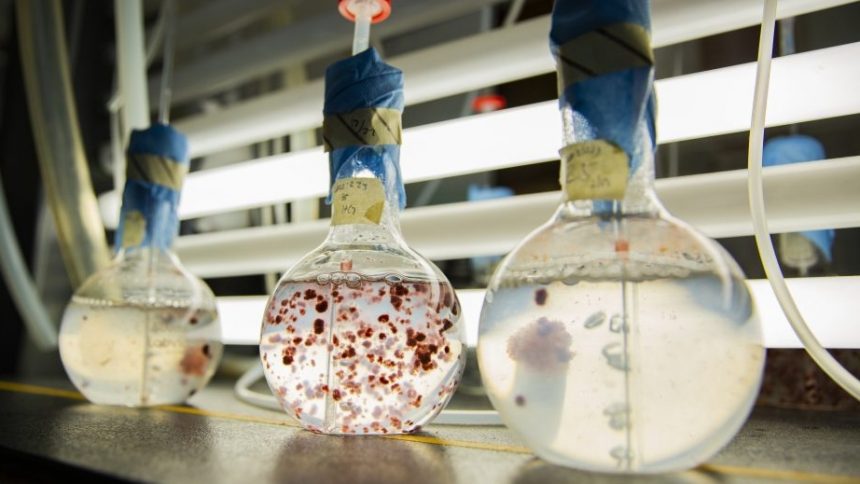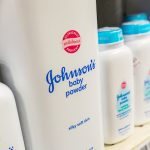This story was first published by Honolulu Civil Beat. Limu kohu, a distinctively tasting seaweed traditionally used in poke bowls, is now being fed to cattle at Parker Ranch to reduce methane emissions. Symbrosia, a Kona-based business, found that the red algae can reduce methane burped by cattle by 77%. The growing global seaweed farming industry, valued at nearly $12 billion by 2030, has attracted investments, including over $2.2 million in federal grants to Symbrosia. With plans to expand production by 1,600%, Symbrosia aims to increase the number of cattle consuming Seagraze. Their research with Parker Ranch has shown promising results including faster weight gain in cattle. Galase of Hawai’i Cattlemen’s Council emphasized the need for research and innovation in the livestock industry. Hawaii’s aquaculture sector is expected to reach $600 million by 2034, with algae poised as a valuable agricultural crop.






